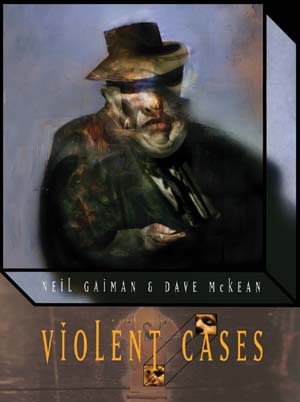Date Read: 11.11.10
Book From: Personal Collection
Reviewer: Kakaner
Ugh. Father and son try to survive in a post-apocalyptic world that is apparently strewn with limbs, covered with ash, and– just in case we didn’t catch it the first 50 times on the first page– one that is repeatedly described as “bleak” and “gray”. The Road was highly unimaginative, riddled with stilted dialogue, contained no real character development, and lacked true substantive merit. Having never read Cormac McCarthy before (my only exposure being a viewing of No Country for Old Men), I was expecting an epic survival story in the ranks of Robert Kirkman’s The Walking Dead or something along the lines of Y: The Last Man. Nothing happens. The writing is wholly unspectacular, and the greatest annoyance was McCarthy’s inability to come up with new phrases to describe (in all fairness) a neverchanging landscape. Particular pet peeves were “smoothed his dirty/filthy hair”, “the landscape was dark/bleak/gray”, “there was ash everywhere”, and ending every. single. conversation with “Okay”. This next bit is mildly spoilerish, but for a novel all about the depravity of mankind once the restraints of society have been lifted, the ending is frustratingly inappropriate– almost a “deus ex machina” resolution. I will, however, grant that The Road was extremely cathartic in that I felt personally choked with raw suffering and despair after only 15 pages. But that alone was definitely not enough to save the book, and it was simply more of the same overbearing emotion for the next 150 pages. In conclusion, hype is a cruel thing and The Road was a waste of time.
Go To:
